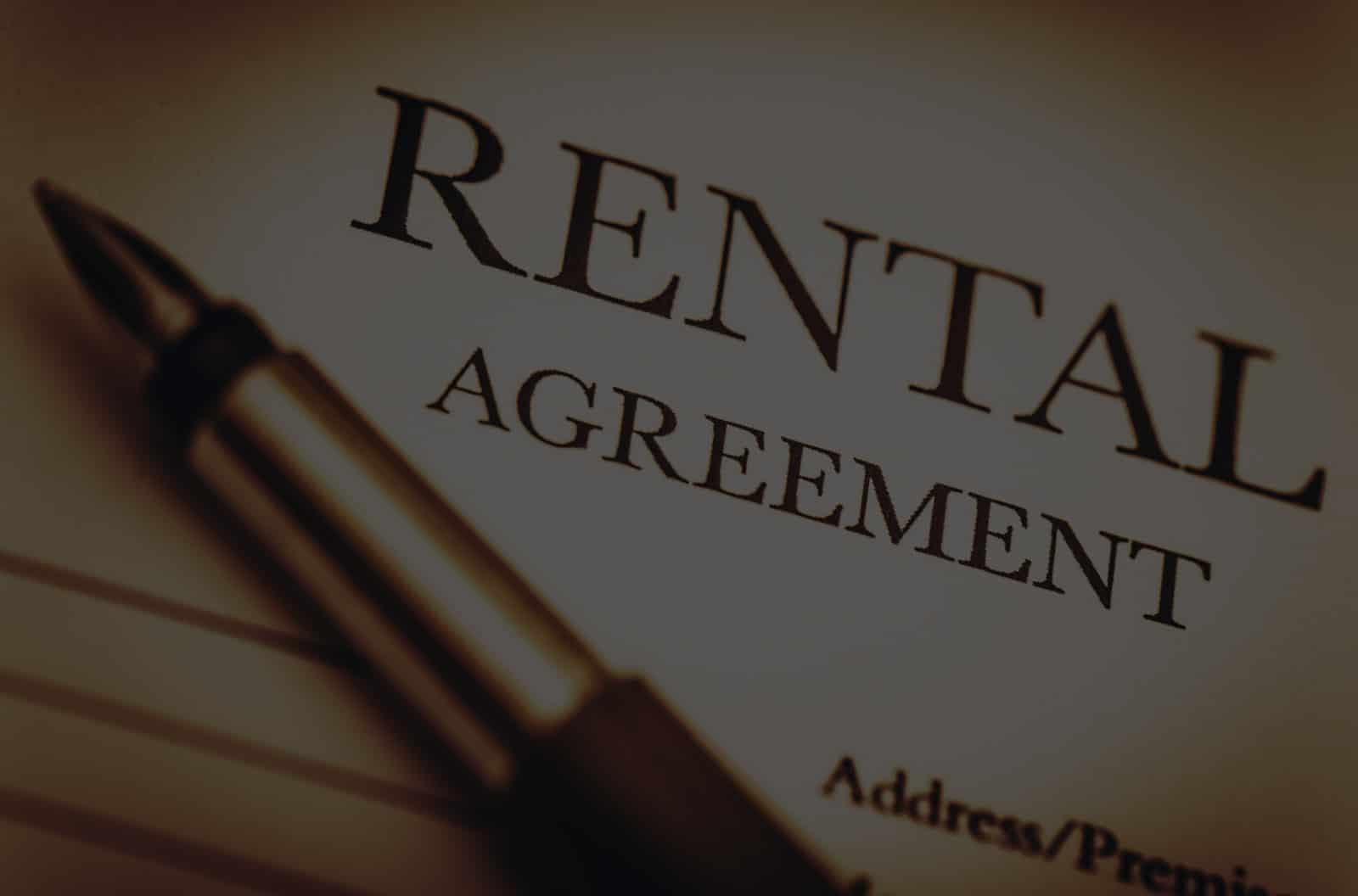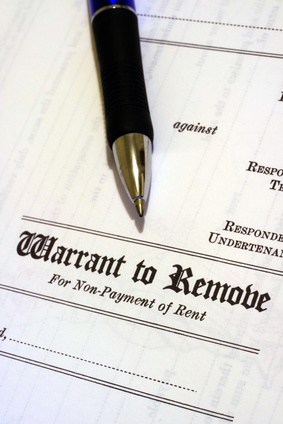Yes, but that answer does not apply only to tenants. Parties in most civil matters should be represented by lawyers. Sure, there are times when it is not terribly ill advised to represented yourself, such as in a small claims action, where the stakes are low, and the courts are designed for self-represented parties. But in most other matters, retaining a lawyer is a wise choice. This is especially true in eviction matters.
Landlord-tenant laws are more complex today than ever before. If you are a tenant being evicted, you should have a lawyer on your side who is familiar with the law and can help you get the best possible outcome.
Don’t all tenants get free lawyers anyway?
No, no one is entitled to free representation in a civil matter. As a result of the many shows we see on television that involve depictions of court proceedings, may of us are under the impression that everyone is entitled to free representation. In criminal cases, it is true that the criminal defendant is entitled to speak with a lawyer and to be represented by a lawyer; and, if he or she cannot afford one, the court will appoint one (known as a public defender, or legal aid attorney) free of charge. This rule does not apply to civil matters.
There are not-for-profit organizations, however, such as Nassau/Suffolk Law Services Committee, Inc., that have “projects” or units devoted to representing tenants who financially qualify in Nassau and Suffolk County. In Suffolk County, that project is called the Pro Bono Project. They are a group of very good attorneys who will represent a tenant in an eviction proceeding free of charge, provided the tenant can prove that he or she has a very limited income and that there is a cognizable defense to the action. If you make too much money, or if you have no defense to the allegations of the landlord, the Pro Bono Project generally will not accept your case.
In Nassau County, the unit of Nassau/Suffolk Law Services Committee, Inc., that represents tenants is called the Volunteer Lawyers Project. They will represent virtually any tenant who financially qualifies, irrespective, it often seems, of whether there is a defense to the action or not. But like the old saying goes, you get what you pay for. Unlike the skilled volunteer attorneys of their Suffolk County counterpart, he Volunteer Lawyers Project will not generally not represent you at a trial if it comes to that; they simply will seek delay after delay in the hopes that the landlord will grow tired of having to come back to court and will agree to a settlement that favors the tenant. This is not a good strategy, as it tends to anger most landlords and embolden them in their position.
So, if you are a limited income tenant in Suffolk County, and you have a defense to the allegations of your landlord, Nassau/Suffolk Law Services Committee, Inc., is an organization you should look into. They are experienced in the law and most of the regular seasoned landlord-tenant lawyers know them and respect them. If you are a limited income tenant in Nassau County, however, you might want to explore other options before contacting Nassau/Suffolk Law Services Committee, Inc., even though the Landlord-Tenant Part of the Nassau County District Court will try its best to guide unrepresented tenants to the Volunteer Lawyers Project.
If your income is not low enough to retain a volunteer attorney, you should definitely consider retaining private counsel. An experienced landlord-tenant lawyer can often help you obtain a good outcome in your matter.
Can a lawyer help a tenant get more time in the apartment before having to move out?
The short answer is yes, most of the time. A lawyer can review your case in depth and flush out any procedural or statutory defects (mistakes made by the landlord) that would result in the dismissal of the action. A good lawyer can also negotiate with the landlord or his or her attorney for the best possible settlement for you. This might include agreeing on a date certain in the future for you to move out, giving you the maximum amount of time to leave on your own. It could also include getting the landlord to waive (forgive) any back rent so there will not be a monetary judgment against you.
Trying to represent yourself in an eviction proceeding could result in a warrant of eviction being issued for your removal and could also result in a monetary judgment being entered against you. It is a good idea to have a lawyer on your side. Most lawyers charge reduced rates (a fee less than they would change a landlord) to represent tenants.
Call us today at (631) 747-0356 for a free consultation to learn how we can help you.









